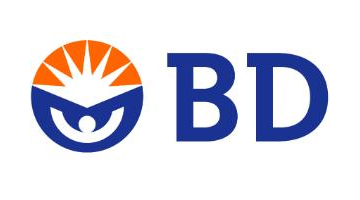BD to Acquire C.R. Bard for $24 Billion

Yesterday BD announced a definitive agreement to acquire C.R. Bard for $24 billion. The agreement was unanimously approved by the boards of directors of both New Jersey-based companies.
BD expects the deal to strengthen its leadership position in medication management and infection prevention, using Bard’s product portfolio and innovation pipeline to pave the way for growth in rapidly expanding clinical areas and OUS markets, including emerging markets. On the international front, Bard registered about 500 products internationally last year and the combined company is expected to generate $1 billion in annual revenue in China.
“By combining Bard’s strong leadership position and innovation pipeline in fast-growing vascular access segments – PICCs (peripherally inserted central catheters), midlines and drug delivery ports – with BD’s leadership and innovation in IV drug preparation, dispensing, delivery and administration, the new company will be better positioned to provide end-to-end medication management solutions across the care continuum.” – BD press release
The acquisition will also enhance BD’s position in infection prevention, as the company will have products that can address 75% of the “most costly and frequent healthcare associated infections”, according to BD. The addition of Bard will grow BD’s treatment of disease states to encompass cancer, peripheral vascular disease, hernia and urology.
The integration team will be led by Bill Tozzi, most recently the BD worldwide president of its medication and procedural solutions business. When the transaction closes, Bard chairman and CEO Tim Ring is expected to join the BD Board of Directors. In addition, BD states it will create a new business segment called BD Interventional from which the Bard businesses will operationally and financially report. The company named Tom Polen (currently executive vice president and president of the BD Medical segment) as president of BD, effective immediately.
The deal is expected to close in fall 2017. BD anticipates benefiting from revenue synergies beginning in fiscal year 2019.